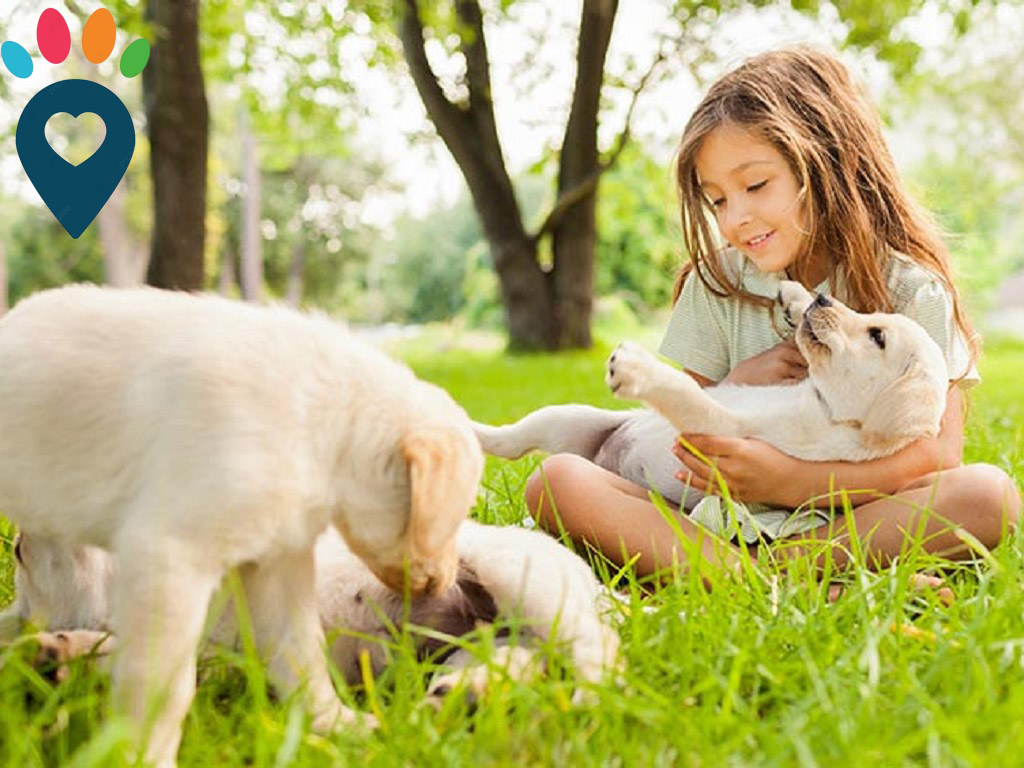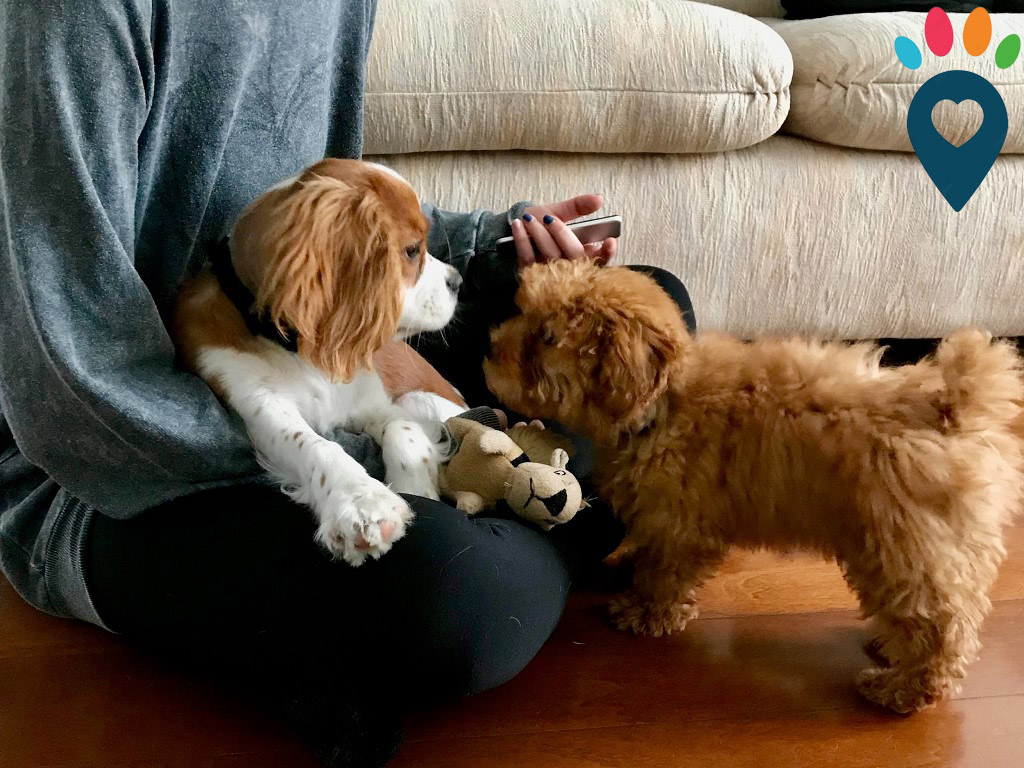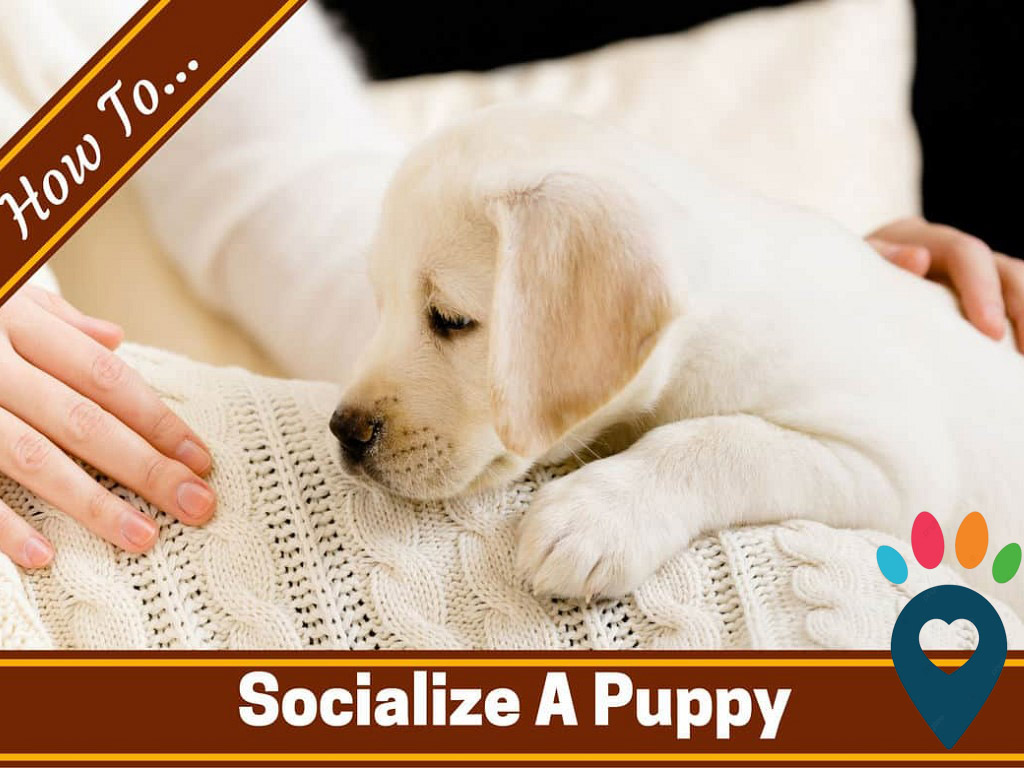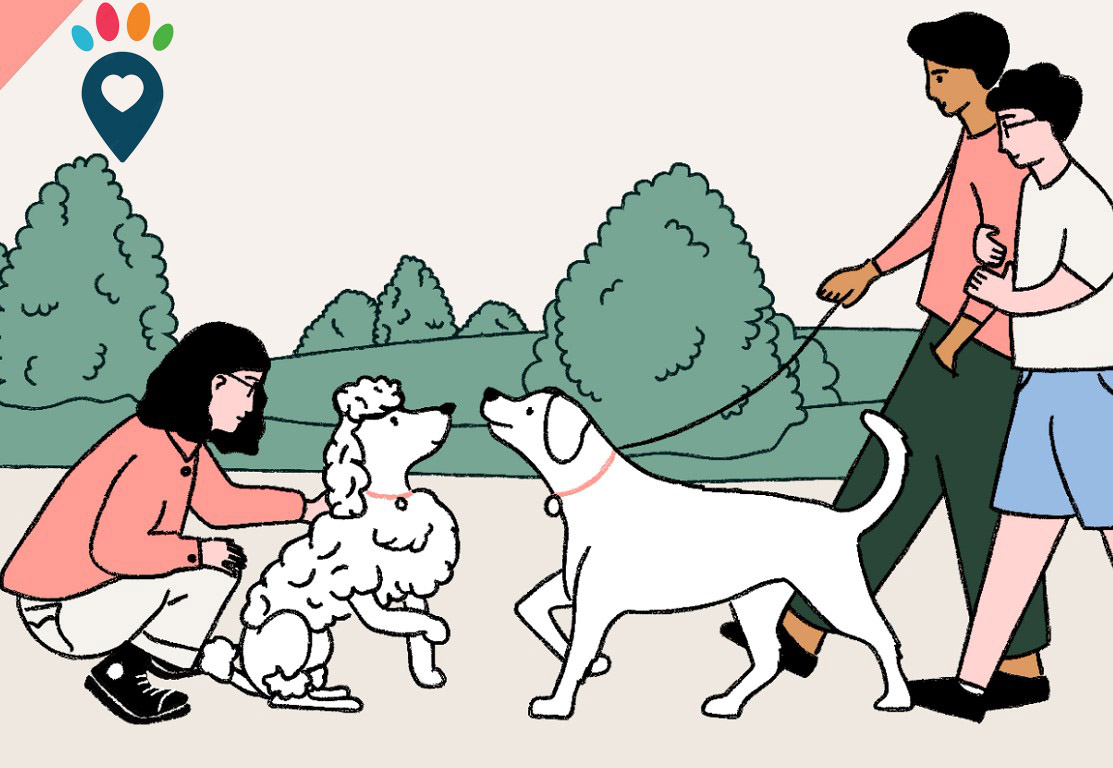
How To Socialize a Puppy

For getting a healthy and happy life for your puppy, socialization is vital. Therefore, in early time, you can introduce your puppy to a variety of people, animals, sounds, environments, and experiences in a safe and positive way—helps shape how they respond to the world around them. A puppy who is well-socialized often tends to grow into a confident, calm, and friendly adult dog. And when the puppies grow up, they’re less likely to develop fear-based behaviors such as aggression, anxiety, or excessive barking. In addition, socialization can help puppies learn how to communicate appropriately with other dogs and humans, reducing the risk of behavioral problems later on. So the following we will explore the importance of socialization for puppies, when should we socialize puppies, and how to socialize them.
1.Why Socialize Your Puppy
For every pet owner, owning a well-adjusted, confident, and friendly dog is the dream. In fact, socialization is is one of the most critical steps. Because rather than raraising a well-adjusted puppy, socialization also teaches puppies how to read body language, communicate effectively, and handle new experiences with confidence. If a puppy does not get proper socialization, it is more likely to grow up fearful or anxious, which can lead to behavioral issues like aggression, reactivity, or excessive barking.

2.When Should You Socialize a Puppy?
In fact, the ideal time to socialize a puppy is between 3 and 14 weeks of age. Because this period is called the critical socialization period, when puppies are most open to new experiences and can form positive associations with unfamiliar people, animals, environments, and situations. During this time, if your puppy is gently exposed to a wide range of sights, sounds, smells, and interactions, your puppy will develop into a confident, well-behaved adult dog. And once you missed this window, puppies can become more cautious or fearful of unfamiliar things, making socialization more challenging—but still possible with patience.

3.How To Socialize a Puppy
Before introducing your puppy to the outside world, make sure they’re fully vaccinated, as they could be exposed to serious illnesses like parvovirus, leptospirosis, and kennel cough if they are not.
However, if your your puppy is not fully vaccinated yet, there are some workarounds you can do to ensure they are safe during socialization. For instance, you might designate a blanket area off to the side of a busy public space where your puppy can stay and observe.
To keep your puppy safe, you’d better to let your puppy interact with healthy and fully vaccinated dogs. In addition, to minimize the risk of infection, it’s best not to allow your puppy to walk on the ground in public areas where many dogs are present. You can choose a stroller, sling, or carry your puppy instead.
Be sure to check with your veterinarian to ensure you're socializing your puppy in a safe and healthy way. The following are some basic processes to socialize your puppy.
3.1Introduce The Puppy to New Sights, Sounds, and Smells
For a puppy, everything is new and unfamiliar, so each experience is a chance to create a positive association. As a pet owner, it’s best to think of as many types of people, places, noises, and surfaces as you can, and gradually introduce your puppy to each one. For instance, allow your puppy walk on carpet, hardwood, tile, and linoleum floors. Let them meet people of different ages, including someone elderly or using a wheelchair or cane, as well as individuals with beards, wearing sunglasses, hoods, or carrying umbrellas. Treat it like a socialization checklist.
3.2Make It Positive
It’s crucial to give your puppy an appropriate amount of treats and praise when introducing all of these new experiences to your puppy. In this way, your puppy will learn to associate new experiences with fun and enjoyment. And make sure to cut the treats into tiny bits that your puppy can easily digest. Additionally, you’d better to remain calm as pet can read your emotions. For instance, if you feel anxious while introducing your puppy to an older dog, your puppy may sense that anxiety and develop a fear of other dogs later on.
3.3Involve The Family
When different people interact with your puppy during socialization, they’re gently pushed beyond their comfort zone. In this way, your puppy will know that they might experience something new, no matter who they’re with.
3.4Take Baby Steps
It’s important to avoid doing too fast when you socializing your puppy. Because small, positive experiences help your puppy grow confident without feeling threatened. Whille rushing can lead to fear or anxiety. For instance, if you wanto your puppy to become accustomed to a crowded park, you might first let them sit at a quiet distance and watch from afar, giving treats and reassurance. As they relax, you can gradually move closer.
3.5Take It Public
Socialization is a gradual process. If your puppy is accustomed to a small amount of stimuli, gradually introduce them to more diverse and unfamiliar experiences. For instance, once your puppy has begun their vaccination series, you can take them to the pet store, to a fa friend’s home for a playdate with another dog, or different streets around the neighborhood. After your puppy is fully vaccinated, you can safely take them to the dog park.
3.6Go to Puppy Classes
Once your puppy has started vaccinations, taking them to attend puppy classes is also a good choice. Because rather than helping your pet begin to understand basic commands, these classes also can expose your puppy to other canines and people. Experienced trainers usually oversee the interactions to ensure the safety and happiness of both dogs and people throughout the process. You can find puppy classes through local dog training facilities and AKC training clubs.
3.7Create a Socialization Schedule
Normally, socialization sessions should take place at least two to three times per week until the puppy reaches six months of age.
Some pet owners wrongly invest a lot of time in the first period of socialization which refers to the first four months of their puppy’s life, but then stop participating in activities outside the house. However, some puppies may revert or become fearful in unfamiliar settings as adults if they don’t receive regular and continuous socialization.
In fact, it’s important to let puppies keep experiencing situations into adolescence that they’ll need to handle later in life. Examples include car rides, elevators, passing crowds, and hiking trails.

We’ve highlighted the value of puppy socialization throughout this article. By socializaing, your puppy will grow into a confident, friendly, and well-behaved adult dog. In addition, you can help your puppy build trust in the world around them through gradually introducing them to a variety of people, places, sounds, and experiences in a positive way. While, remember to take it slow, stay patient, and always create a safe and supportive environment. The most important thing is that, with your continued efforts, your puppy will develop the social skills they need to thrive in the wider world.



